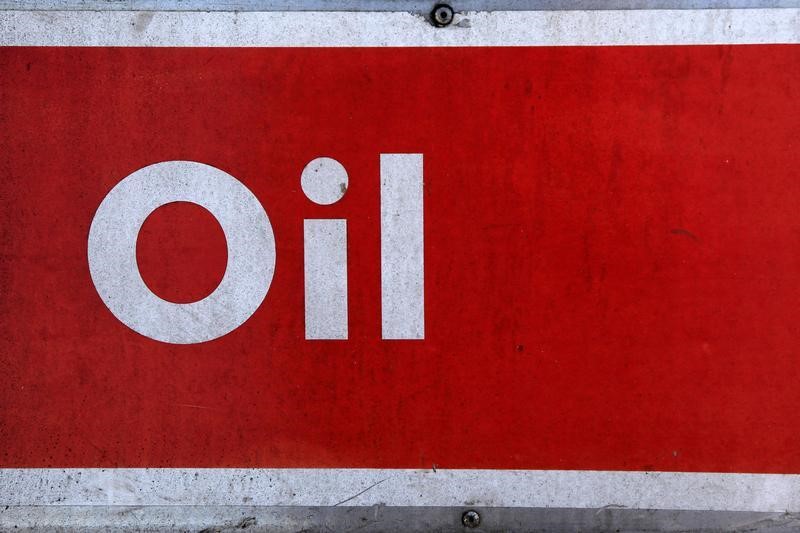By Anshuman Daga
SINGAPORE (Reuters) - A Singapore oil trader has won favourable decisions from the Paris-based International Chamber of Commerce (ICC) against two banks in trade-finance disputes related to troubled Hin Leong Trading, documents reviewed by Reuters showed.
Winson Oil Trading Pte Ltd believes the non-binding decisions will strengthen its claims in court against Standard Chartered (OTC:SCBFF) Bank (Singapore) (L:STAN) and Oversea-Chinese Banking Corp (OCBC) (SI:OCBC), sources familiar with the matter said.
Stanchart and OCBC both declined to comment.
In June, the trader took legal action separately in Singapore against the two banks for non-payment of $30.4 million each for diesel cargoes it sold to Hin Leong Trading (Pte) Ltd that Hin Leong financed via letters of credit (LC) issued by the banks, according to court documents.
Letters of credit are standard instruments of trade finance.
Declining to honour the LC, OCBC had told Winson Oil that it had "serious doubts over the authenticity of the documents" and said Singapore-based Hin Leong had "admitted to executing fraudulent paper transactions," court documents show.
Winson Oil had said that StanChart failed to make payment, according to court documents.
Hin Leong, which used to rank among Asia's biggest independent oil traders, was placed under judicial management in April to restructure billions of dollars of debt after a crash in oil prices revealed a massive, years-long fraud at the firm.
Winson Oil's cases against the banks, which are due to be heard in Singapore, are among several disputes between counterparties of Hin Leong and banks on payment issues arising from oil deals with the trader.
Crystal Tung, executive director at Winson Oil, declined comment to Reuters on the ICC decisions, citing the court cases. Omni Law, its law firm for the cases, declined comment.
Alya Ladjimi, manager of the ICC International Centre for Alternate Dispute Resolution (ADR), declined comment, citing confidentiality.
Winson Oil's claims in the ICC against the two banks were made under its Documentary Instruments Dispute Resolution Expertise (DOCDEX) rules, administered by the ICC International Centre for ADR, the documents show.
Three lawyers contacted by Reuters said favourable DOCDEX decisions are used by companies to support their claims in court by highlighting the international expertise of ICC's panelists.
The decisions, however, are not binding unless parties have otherwise agreed. The ICC documents show that OCBC is of the view that the dispute was outside the scope of DOCDEX rules and Winson Oil had already started court proceedings.
Stanchart's lawyers requested withdrawal of the DOCDEX claim, and considered "the lawsuit more appropriate for the case," the documents show.
In the case against OCBC, ICC's panel of three independent experts unanimously concluded that under ICC's rules on documentary credits - known as UCP 600 - OCBC was "obligated to honour the presentation made against documentary credit," a document dated July 30 shows.
However, the panel said that the issue of fraud was outside the scope of UCP 600 and was for the courts to rule on.
"On the basis of that, the panel of experts is not in the position to comment on the issue of fraud," and that issue was not taken into account, according to the 8-page document.
In Winson Oil's claim against StanChart, the panel unanimously concluded that under the scope of UCP 600, the lender was "under obligation" to honour the principal amount of $30.4 million, according to the 15-page document dated Aug 4.
The document shows that the panel said it reached a conclusion that the DOCDEX procedure was suitable to address issues raised by Winson Oil and that "the pending court proceedings and the respondent's allegation of fraud" do not prevent the panel from accepting the case for DOCDEX decision.
